Augusta, ME Drug & Alcohol Treatment Centers
14 results nearby
Looking for help with addiction in Augusta, ME?
Insurance
Treatment Programs
Looking for help with addiction in Augusta, ME?
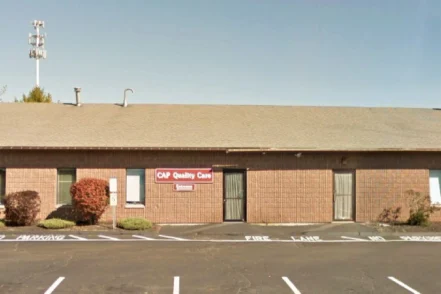
1 Delta Drive, Suite A Westbrook, Maine 04092
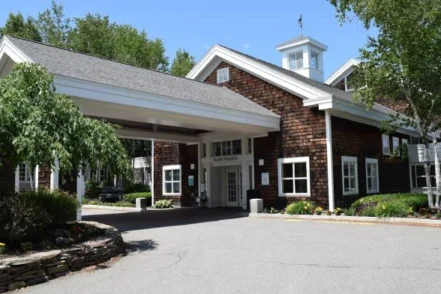
268 Stillwater Avenue Bangor, Maine 04402

255 Hammond Street Bangor, Maine 04401
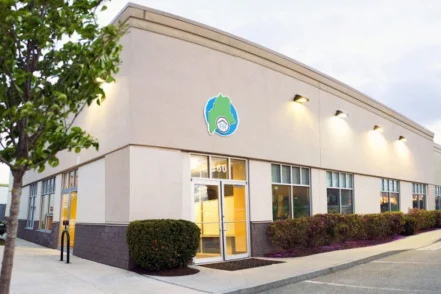
160 Preble Street Portland, Maine 04101
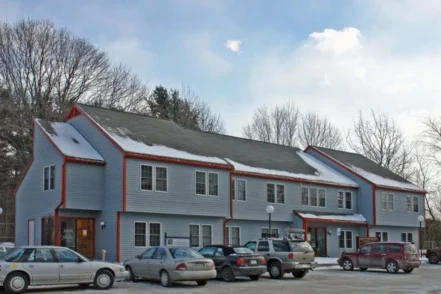
409 Alfred St Units 4-5 Biddeford, Maine 04005
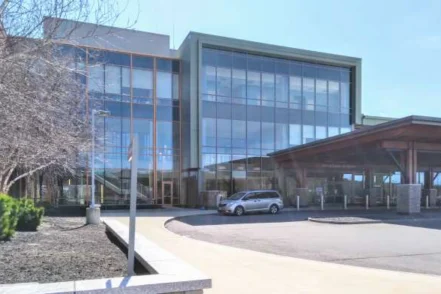
35 Medical Center Parkway Augusta, Maine 04330
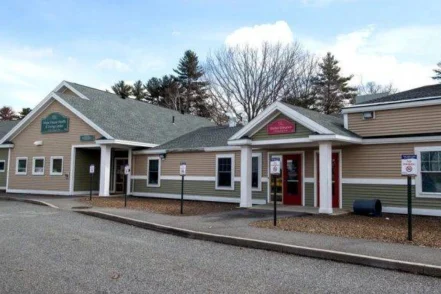
179 Corporate Drive Bangor, Maine 04401

659 Hogan Rd Bangor, Maine 04401